the icrf scientific REVIEW process
The ICRF Scientific Review Panel and International Scientific Council:
ICRF annually sponsors a rigorous grant peer-review process modeled after the U.S. National Institutes of Health (NIH) that is conducted by an expert assemblage of more than 40-60 prominent U.S. and Canadian scientists and oncologists, known as the ICRF Scientific Review Panel (SRP). ICRF SRP members collectively donate 2,000 hours of their time annually in reviewing and discussing the merits of each grant application.
Awards are granted directly to the most promising and capable Israeli cancer researchers at leading academic and biomedical research centers throughout Israel. ICRF awards are made solely based on scientific merit and the ability of the individual scientist to make a significant impact in his/her field, without discrimination as to socio-economic status, race, ethnicity, gender, sexual orientation, age, or physical ability.
Operations of the SRP are overseen by the ICRF International Scientific Council (ISC). This body is comprised of a highly distinguished group of internationally recognized cancer specialists and has oversight responsibility for the entire ICRF grant-making process.
How we select our Awardees:
Selection is based on the value of the proposed research and the quality of the application, rather than affiliation with any particular research institution. Ultimate responsibility for allocating ICRF’s resources rests with ICRF’s International Board of Trustees, but our SRP makes the recommendations to the Board after a lengthy peer-review process. All proposals are reviewed by this expert panel on a transparent and objective basis; and only the best, most-qualified applications, receive awards.
Applications for ICRF-funded grants become available in the fall of each year, with proposal deadlines in December. Similar to the application process used by the NIH, applicants are required to submit a comprehensive description of their proposed research project, along with the Curriculum Vitae and publication list of the principal investigator and key collaborators, a description of the applicant’s scientific achievements, a description of the laboratory facilities and its existing and pending support, and references.
ICRF’s grant review process is modeled after that of the U.S. National Institute of Health and strict guidelines are followed to ensure fairness and impartiality. Review criteria include the scientific merit of the project, the demonstrated ability of the investigator, and suitability of the institution. All applications are assigned primary and secondary reviewers, and each reviewer is required to submit a written evaluation for all applications assigned to them, containing the following elements: summary of the project, originality, importance, qualifications of the applicant, facilities, budget, and critique and recommendations.
After applications are independently reviewed, the SRP meets annually in March to discuss the proposals and come to an overall rating of each. Three concurrent panels evaluate applications in three different categories: clinical applications, basic research applications, and applications for high-level grants and special initiatives. Each panel has a chairperson and 15-25 scientists. Current multi-year grants are also reviewed annually, and funding is continued only if the required progress reports are determined to be satisfactory.

